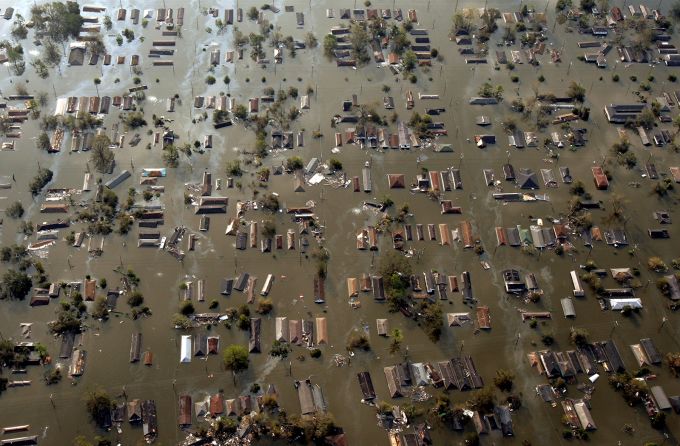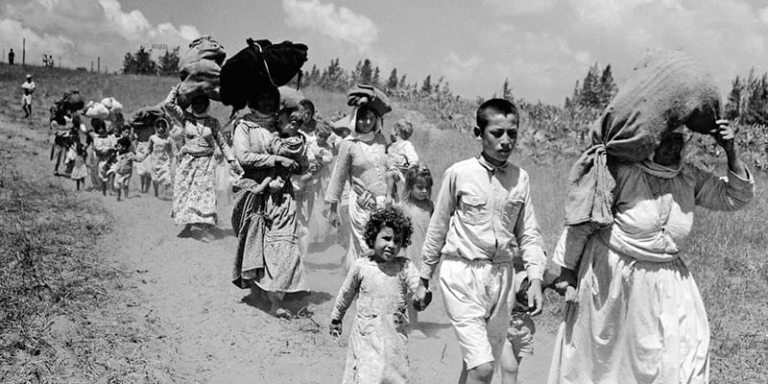There’s a reason why we get homesick; we tend to form emotional attachments to the places we’ve lived all our lives.
That’s because our homes are more than just buildings; they are part of who we are. We grow fond of the streets we walk, the markets we shop in, and even the sounds and smells around us.
Emotional geography is the study of how places affect our feelings and how our emotions shape the way we see those places. It looks at why certain spots bring us comfort, happiness, or sadness, and how losing them can change us.
For displaced people, the loss is not only about moving to a new place. It’s also about losing a part of themselves, their memories, their traditions, and their sense of belonging.
What It Means to Be Displaced
Being displaced means being forced to leave your home, and this can happen in many ways. Some flee because of conflict, escaping war or violence.
Others are driven out by climate change, as villages disappear due to floods, droughts, or rising seas. In some cases, government projects such as new roads, dams, or buildings require families to relocate.

Displacement is more than just packing a bag and moving; it can mean leaving behind family, friends, and places that hold important memories.
The Geography of Belonging
As humans, we all carry “mental maps” in our heads. These maps are built from the places we know and have frequented most of our lives. Whether it’s the corner store where we buy snacks, the park where we play, or the path we take to school, these places give us a sense of comfort and belonging.
When people are forced to move, those mental maps are disrupted. Suddenly, nothing feels familiar. It can make one feel “placeless,” as if they do not fit anywhere.
For displaced people, moving from their homes into makeshift homes or “refugee camps” means starting new lives in shacks and tents. And for many, the sense of belonging to their new home never comes. They hold on to the mental maps from their previous homes, hoping to return one day.
It is even harder for children born into displaced families. They grow up in a new place, with no true understanding of their original identity. They only know the stories their parents tell them and may never experience their homeland for themselves.
How Displacement Impacts Emotions
Leaving home suddenly can cause many emotional struggles, such as grief, anxiety, and loneliness. There is deep sadness for the life and places left behind, as well as the fear of not knowing what lies ahead and feeling unsafe.
Some displaced people, especially from war-torn zones, have to make the journey alone due to divisions caused by war or the loss of family. Many suffer from emotional trauma from the events that forced them to leave.

According to the UN Refugee Agency (UNHCR), displaced people are more likely to face depression, stress, and other mental health problems. Without help, these feelings can last for many years.
The constant uncertainty about the future, the loss of familiar surroundings, and the pressure to adapt to new cultures and environments can make it even harder to heal. For many, the emotional wounds remain long after the physical journey ends.
Coping With A New Way of Life.
Even after such big changes, people often find ways to rebuild a sense of home. They recreate it the best they can.
This might mean decorating a new space in a way that feels familiar, cooking family recipes, or planting seeds from their old garden. Sometimes it is wearing traditional clothes, speaking their first language, or celebrating cultural holidays.

It can also mean building communities, meeting others with similar experiences, joining support groups, or making friends in their new environment. Many displaced people living far from their homeland keep strong ties to their culture and can feel connected to more than one place at the same time. In the geography of the heart and emotions, borders fade.
In emotional geography, home is never lost, it is instead redrawn within us. In memories, languages and the people we carry with us.
About The Atlas
The Atlas is a blog by Kharita, dedicated to exploring topics in geography, history, and geopolitics, without the typical Western spin. We aim to offer fresh, grounded perspectives and welcome contributions from writers around the world, representing a diverse range of experiences and backgrounds.
عن الأطلس
الأطلس هو مدونة تابعة لـ خريطة، مخصصة لطرح مواضيع في الجغرافيا، والتاريخ، والجغرافيا السياسية، من غير الفلترة أو التحيز الغربي المعتاد. هدفنا هو تقديم رؤى جديدة وواقعية، وبنرحب بمقالات من كُتّاب من مختلف أنحاء العالم، بخلفيات وتجارب متنوعة.


